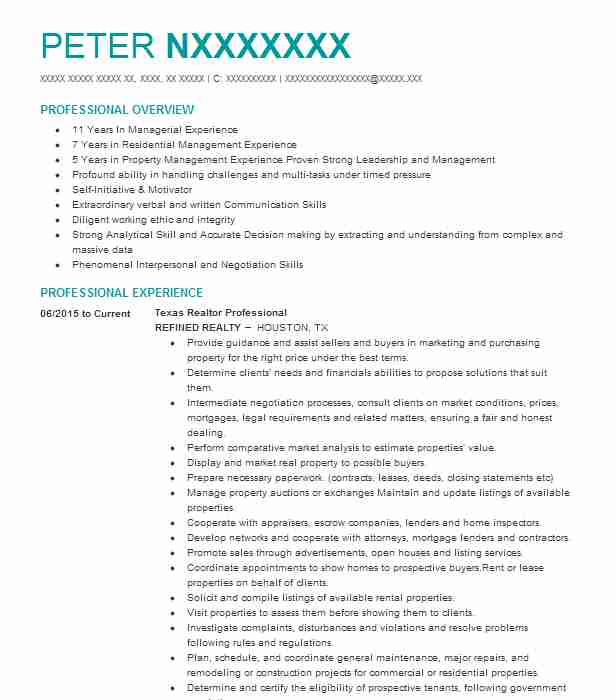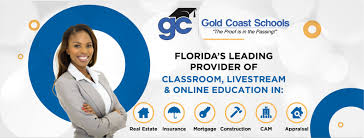
In Minnesota, you can get a real estate license by meeting certain requirements. Minnesota Commerce Department wants to ensure that all real estate agents are licensed and competent to work in the state. The requirements include being at least eighteen years old and U.S. citizens or lawfully admitted aliens. Citizenship is generally not an issue for most users, but you can be denied a license if you have any criminal history, unpaid judgments, or disciplinary actions against your professional license. An unlicensed activity in real estate is another reason not to be granted a license.
Pre-license education
Pre-license education in Minnesota is an essential part of becoming a licensed agent. It can increase your chances for passing the exam, and it will also help you avoid having to take it again. License as a Minnesota real-estate agent takes around four months. A pre-license education course is required, passing the exam and being sponsored in the licensing process by a licensed brokerage.
You can start your education online for your Minnesota real-estate license. Three courses lasting 30 hours can be completed to help you obtain your license. These courses cover topics including real estate valuations, contracts, finance, and other important topics. Online courses are available through providers such as ContinuingEd Express. You can choose to take the course online or live stream it.

Education requirements for continuing education
Real estate salespersons in Minnesota must complete at least fifteen hours of continuing education each year. Over a two-year period, that's 30 hours. There are many ways to complete the required real estate CE, including online classes, on-demand webinars, and live courses. Kaplan offers both online and live courses to fulfill the state’s continuing education requirements. Kaplan's online courses are approved for 3.75 hours of real estate CE and can also qualify for fair housing and agency credit.
Minnesota Real Estate Commission adopts a new system for real-estate CE credit. This means that real-estate licensees must complete a minimum of eight hours of continuing education within a single day but not more than 15 hours over a 24-hour period. To meet Minnesota's continuing educational requirements, salespeople and brokers must complete a prelicensing CE course each year. These courses can be used to earn 3.75 hours CE credit. They must be completed before June 30, 20,22. An MNR Academy website allows you to complete a course online without the need for a live instructor. While most courses can be completed on your own, some are streamed live. Exam prep courses cover the state and national parts of the Minnesota licensing exams.
Exam
Minnesota's real estate licensing exam is required in order for a person to practice. This helps to protect the public by ensuring the individual has a certain level competence. The state regulatory agency sets standards for safe practice and the exam is designed in order to determine whether an individual adheres to those standards. Pearson VUE administers Minnesota's real estate licensing examination.
Minnesota requires applicants for real estate licenses to have taken a prelicense course and passed a state exam. The state requires applicants to be at least 18 years old and legal permanent residents of the United States. Minnesota has reciprocity arrangements with several other states including Wisconsin. Minnesota doesn't require you to complete a prelicensing training course if your state is a reciprocal one. You can apply through the PULSE Portal and email a letter certifying your current license and pass the state portion of the exam. In Wisconsin, however, you must take a 13-hour Wisconsin-to-Minneseta prelicensing course.

Cost
The first step in becoming a real estate agent in Minnesota is to obtain a real estate license. The entire process is done online with the exception of taking the actual exam. This article will discuss the process and give details about the costs and the time required. We will also cover the exam content, and give you some resources for additional information.
The state of Minnesota requires that all real estate agents complete at least 90 hours of pre-licensing education. These courses can be taken online or in a classroom setting. On-demand online courses are usually the most cost-effective. A typical package will include three courses. These typically cost between $200 and $300.
FAQ
What are the three most important factors when buying a house?
Location, price and size are the three most important aspects to consider when purchasing any type of home. Location is the location you choose to live. Price refers the amount that you are willing and able to pay for the property. Size refers to how much space you need.
How much money can I get to buy my house?
It all depends on several factors, including the condition of your home as well as how long it has been listed on the market. Zillow.com says that the average selling cost for a US house is $203,000 This
What are the benefits to a fixed-rate mortgage
Fixed-rate mortgages lock you in to the same interest rate for the entire term of your loan. This guarantees that your interest rate will not rise. Fixed-rate loans have lower monthly payments, because they are locked in for a specific term.
Statistics
- The FHA sets its desirable debt-to-income ratio at 43%. (fortunebuilders.com)
- When it came to buying a home in 2015, experts predicted that mortgage rates would surpass five percent, yet interest rates remained below four percent. (fortunebuilders.com)
- Private mortgage insurance may be required for conventional loans when the borrower puts less than 20% down.4 FHA loans are mortgage loans issued by private lenders and backed by the federal government. (investopedia.com)
- This means that all of your housing-related expenses each month do not exceed 43% of your monthly income. (fortunebuilders.com)
- Some experts hypothesize that rates will hit five percent by the second half of 2018, but there has been no official confirmation one way or the other. (fortunebuilders.com)
External Links
How To
How to locate an apartment
When you move to a city, finding an apartment is the first thing that you should do. This takes planning and research. This involves researching neighborhoods, looking at reviews and calling people. There are many ways to do this, but some are easier than others. Before renting an apartment, you should consider the following steps.
-
Data can be collected offline or online for research into neighborhoods. Online resources include Yelp. Zillow. Trulia. Realtor.com. Local newspapers, real estate agents and landlords are all offline sources.
-
Find out what other people think about the area. Yelp, TripAdvisor and Amazon provide detailed reviews of houses and apartments. You can also find local newspapers and visit your local library.
-
Call the local residents to find out more about the area. Talk to those who have lived there. Ask them what they loved and disliked about the area. Ask for their recommendations for places to live.
-
Check out the rent prices for the areas that interest you. Consider renting somewhere that is less expensive if food is your main concern. Consider moving to a higher-end location if you expect to spend a lot money on entertainment.
-
Find out about the apartment complex you'd like to move in. Is it large? What price is it? Is it pet-friendly What amenities do they offer? Are there parking restrictions? Do you have any special rules applicable to tenants?